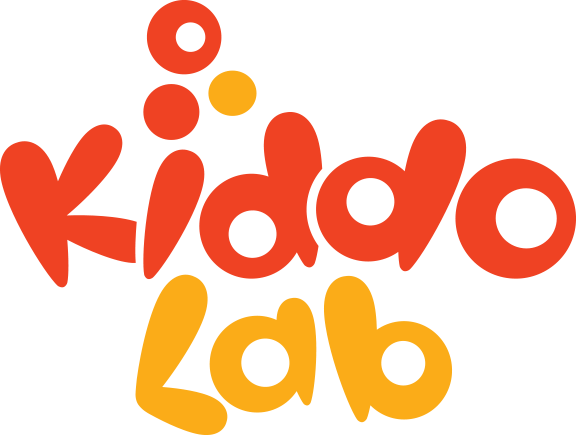Cultivating Best Habits in Children
The Importance of Good Habits in Early Childhood
Developing good habits early in life sets the foundation for a successful and fulfilling future. As parents and caregivers, it’s crucial to guide children towards habits that promote their overall well-being, health, and happiness.

Understanding Child Development and Habit Formation
The Role of Routine
Consistency and routine are key in habit formation for children. Establishing a regular schedule for activities like meals, study, and playtime can instill a sense of security and discipline.
Age-Appropriate Habits
It’s important to foster habits that are suitable for the child's age and development stage. This ensures that the habits are achievable and beneficial for their growth.
Essential Habits for Holistic Child Development
Healthy Eating Habits
Encouraging children to try a variety of nutritious foods and to understand the importance of a balanced diet is essential for their physical development and long-term health.
Regular Physical Activity
Instilling the habit of regular exercise, whether it’s through sports, dance, or simple outdoor play, is crucial for physical fitness, coordination, and mental well-being.
Effective Study Habits
Helping children develop effective study habits, such as organized learning, regular reading, and time management, is vital for academic success and lifelong learning.
Good Sleep Routines
Establishing a consistent bedtime routine and ensuring adequate sleep are important for a child’s physical and cognitive development, as well as their overall mood and health.

Social and Emotional Habits
Empathy and Kindness
Teaching children the value of empathy, kindness, and respect for others nurtures their emotional intelligence and social skills.
Responsibility and Independence
Encouraging habits of responsibility, like taking care of personal belongings, doing age-appropriate chores, and making small decisions, fosters independence and self-confidence.
The Impact of Technology on Children's Habits
Balanced Screen Time
Managing screen time is essential in today’s digital world. Encouraging a balance between digital activities and real-world experiences is key to a child’s all-around development.
Educational and Interactive Technology
Using technology for educational purposes and interactive learning can be beneficial, but it should complement rather than replace traditional learning and play activities.
Parental Involvement and Modeling
Leading by Example
Children learn habits by observing those around them. Displaying positive habits and attitudes in your own routine can significantly influence your child’s behavior.
Positive Reinforcement
Positive reinforcement and encouragement can help children develop and stick to good habits. Acknowledging their efforts and achievements fosters motivation and self-esteem.

Building a Foundation for a Healthy Future
Instilling good habits in children is one of the most important responsibilities of parenting. By focusing on holistic development and positive routines, we can guide our children towards a healthy, happy, and successful future.


